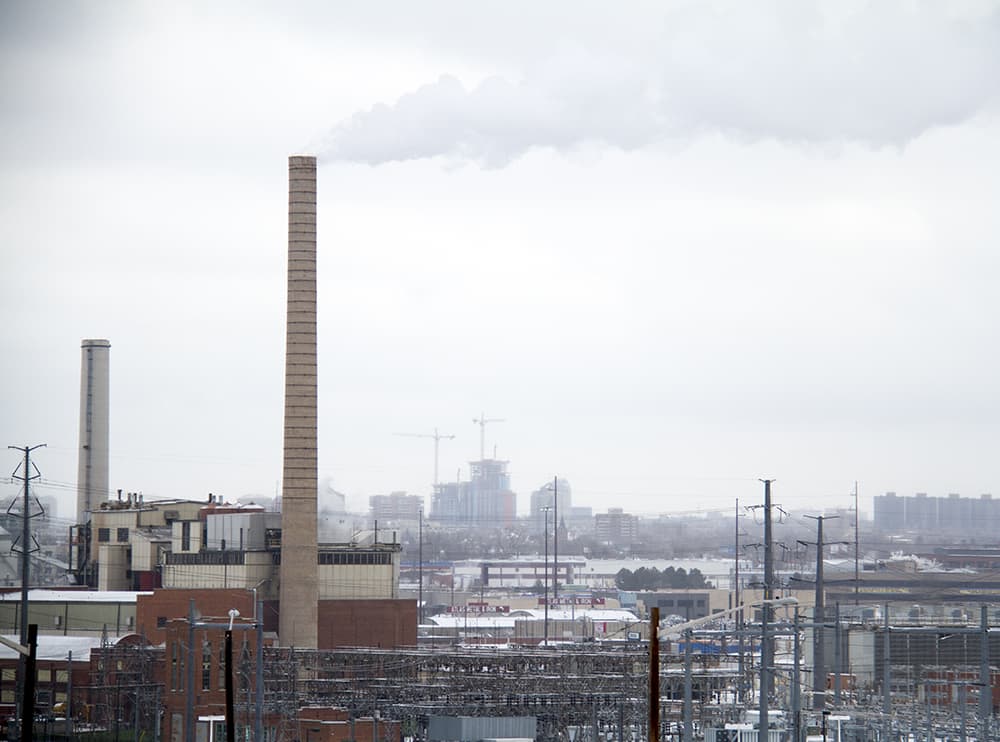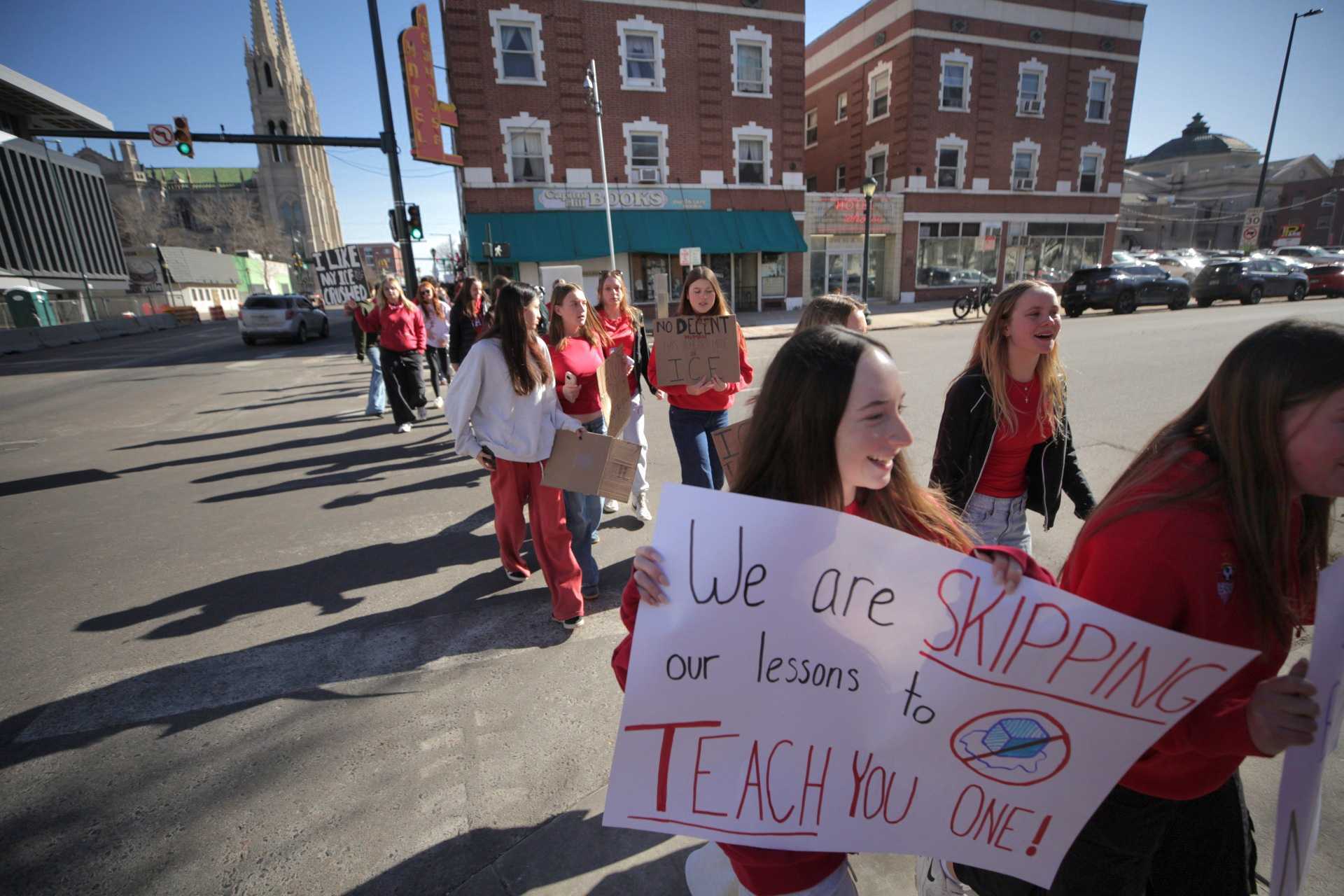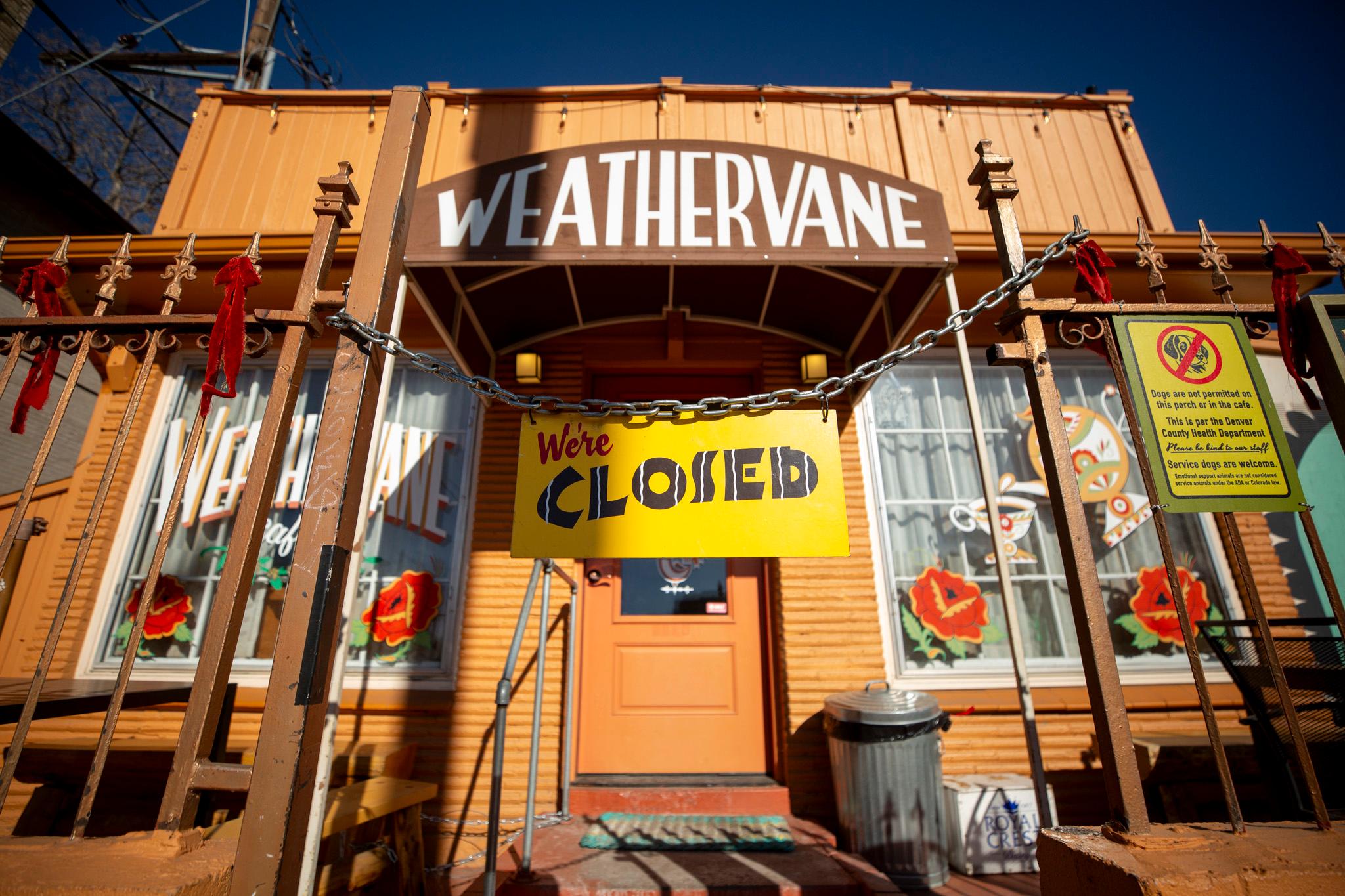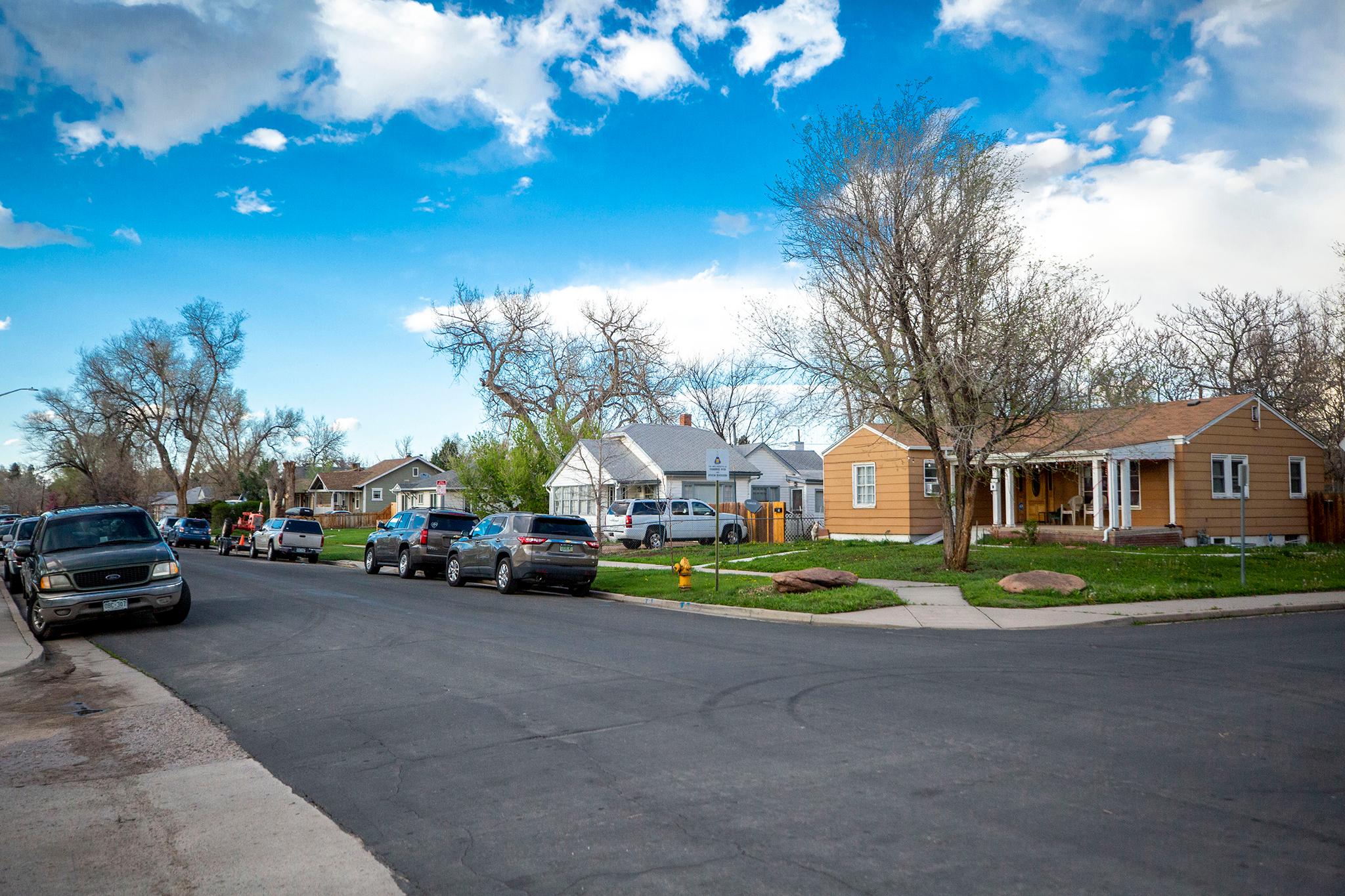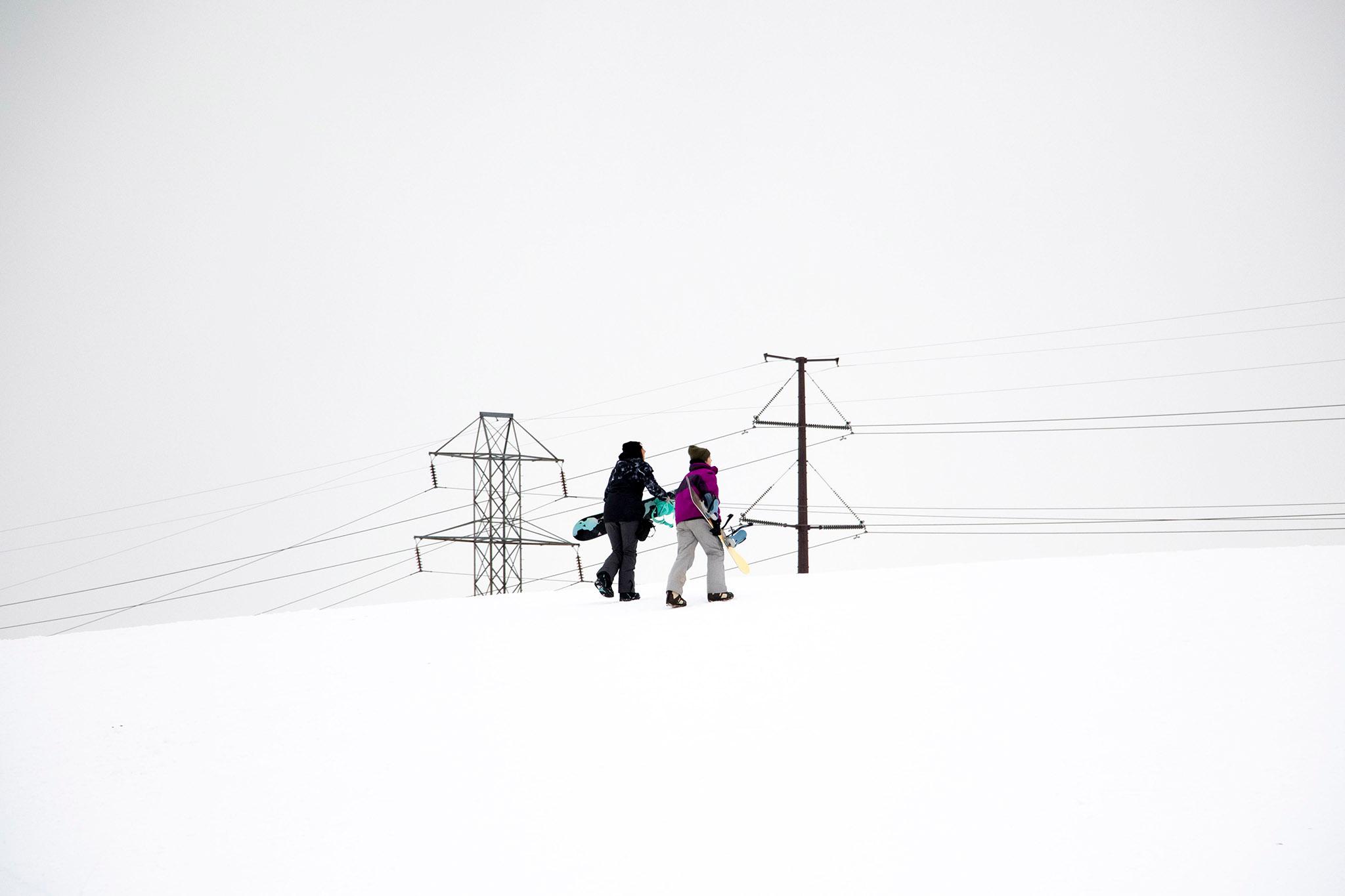Denver won't become the latest community to ban natural gas in new residential buildings just yet. Councilman Jolon Clark proposed the ban to the city's upcoming building code, but City Council held off on adding the amendment, citing a need for more information before moving forward.
On Tuesday, a City Council subcommittee voted to advance the construction standards to a vote before the full council without the prohibition in place. But Council can amend building codes any time within their three-year lifespan, so Clark suggested additional meetings in the next few months to consider adding the amendment after the code passes.
Many Council members spoke in support of the ban, but said they wanted additional information, such as a more detailed phase-in plan and testimony from experts in cities that have implemented similar policies.
Natural gas bans have become a flash point in local climate politics since 2019, when Berkeley, California voted to exclude them from all future construction. San Francisco followed with its own ban the next year. New York City followed in 2021 and New York Gov. Kathy Hochul has promised to enact a statewide prohibition by 2027.
In August, Crested Butte became the first municipality in Colorado to make the switch, which will go into effect in January. All the action in progressive communities has inspired a Republican backlash. Twenty-one GOP-led states have adopted so-called "preemption laws" to stop local governments from taking similar action.
Climate activists in Denver see the ban as one of the biggest steps the city could take to fight climate change.
Many community members spoke in favor of the gas ban at the committee meeting Tuesday.
"We don't want anyone stuck in homes burning polluted gas," said Nickie Day, a member of Black Parents United Foundation. "We want our new homes in Denver to be free of health hazards, unsustainable costs and climate impacts of burning gas."
Proponents of the amendment cited studies that show all-electric homes can be cheaper to build and save residents money on utility bills, especially with energy bills so high right now.
"Electric homes save people money," said Anne Kramer at the committee meeting. "I know this from personal experience seeing my utility bills go down, even while I had my AC blasting during 100-degree days."
Christine Brinker, Senior Buildings Policy Manager with Southwest Energy Efficiency Project, has been advocating for the ban and is happy with the outcome at City Council. There's a lot she likes in the existing building code update, like energy requirements for commercial and multi-family buildings, and has hope that a ban can take shape in the next few months.
"I thought it was a solid base hit," she said. "It is important for the climate, for health, for safety and for ongoing affordability of our housing stock in Colorado. We know that every new fossil fuel connection locks us into fossil fuel for decades, or it burdens future homeowners with literally thousands of dollars of extra costs to convert over to electric in the future."
